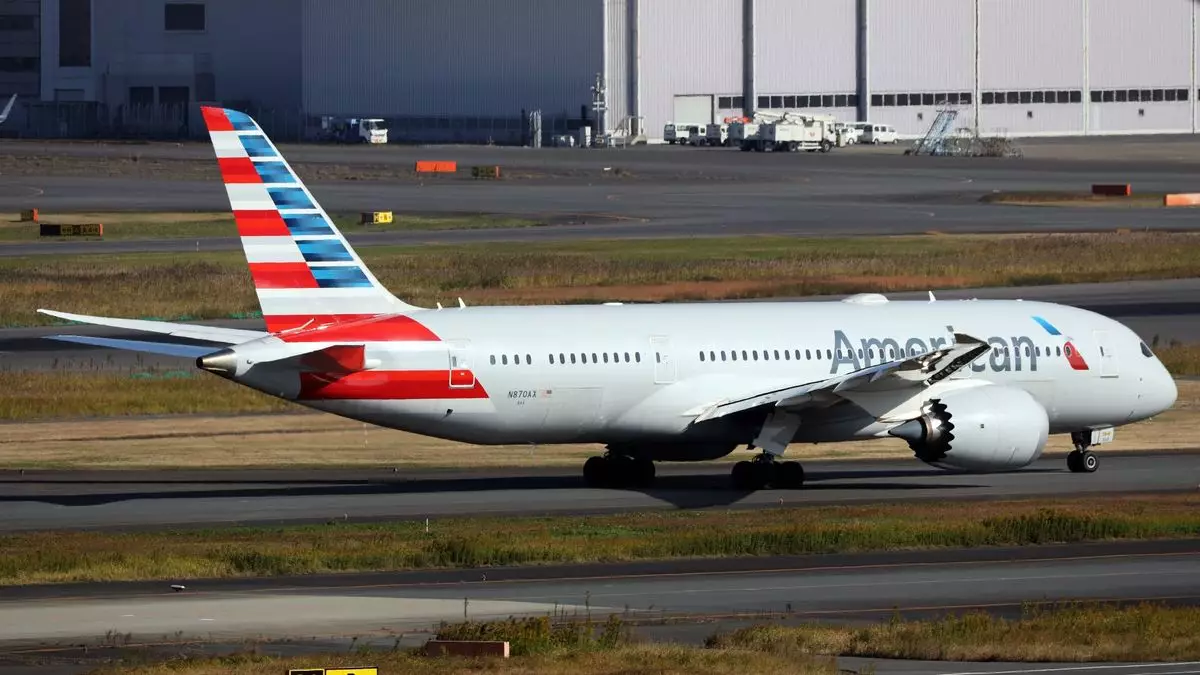Tour operator Tauck recently made the decision to stop booking American Airlines and other airlines within the Oneworld alliance due to a new policy that complicates the process of offering refundable airfares. This move came as a response to a memo sent out to travel advisors on May 16, which highlighted the challenges faced by Tauck in maintaining the same level of service, flexibility, and value when working with these airlines.
American Airlines announced tighter restrictions on cancellations and rebookings by tour operators and cruise lines on May 13. These changes included a $50 fee for cancellations made outside of the 24-hour booking window, as well as limitations on churning – the practice of canceling and rebooking the same itinerary to extend ticketing deadlines. While the first churn is allowed free of charge, subsequent churns incur a $50 fee, capped at four charged churns per passenger name record.
Tauck clarified that guests who had bookings with American or other Oneworld airlines before May 13 would not be affected by the tour operator’s decision to stop booking these carriers. However, moving forward, Tauck will need to find alternative airlines to ensure that their customers receive the same level of service and flexibility that they have come to expect.
Challenges for Tour Operators
The policy changes implemented by American Airlines and other Oneworld carriers pose significant challenges for tour operators like Tauck. The increasing fees and restrictions on cancellations and rebookings make it difficult for tour operators to provide customers with the flexibility and value that are essential for a positive travel experience. As a result, tour operators are forced to reassess their partnerships with airlines and explore other options to meet the needs of their clients.
The Future of Airline-Tour Operator Relationships
In light of these developments, the future of airline-tour operator relationships remains uncertain. While airlines may be implementing these policy changes to streamline their operations and reduce costs, tour operators are facing the consequences of these decisions. It is crucial for both parties to find a balance that allows for a mutually beneficial partnership, ensuring that travelers continue to have access to a wide range of options and experiences when planning their trips.

